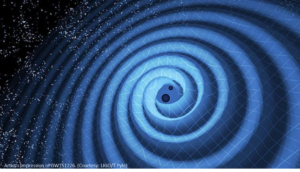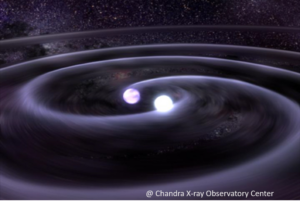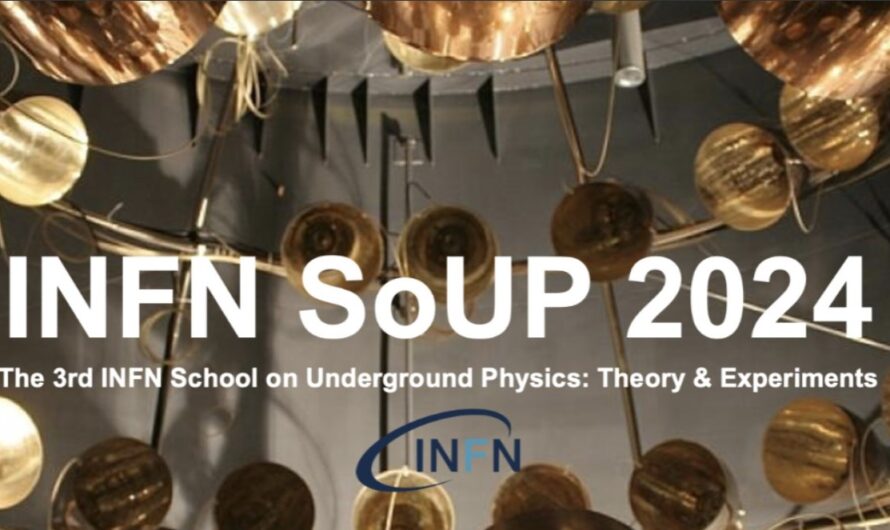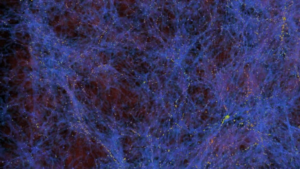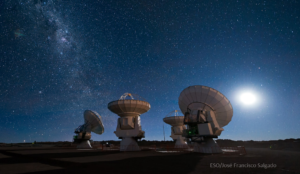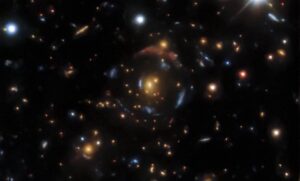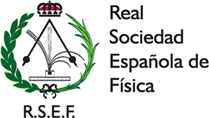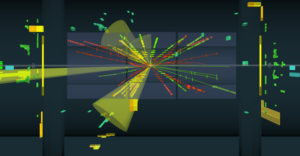
The TAE (Taller de Altas Energias) – Workshop on High Energy Physics is an international workshop aimed at completing the education of first and second year graduated students who are starting their research on experimental or theoretical High Energy Physics, Astroparticles and Cosmology.
The Workshop will take place at Centro de Ciencias de Benasque Pedro Pascual from Sep 03 — Sep 16.
Organizers:
G. Luzón (CAPA, Universidad de Zaragoza)
M. Cepeda (CIEMAT, Madrid)
O. Pujolas (IFAE, Barcelona)
J. Santiago (Universidad de Granada)
List of topics
– Statistical Methods, Glen Cowan (Royal Holloway, London, UK)
– QFT and Effective Field Theories, Clara Peset (IPARCOS, U. Complutense, Madrid, Spain)
– Standard Model, Adrian Carmona (U. Granada, Spain)
– Neutrino physics (theory), Mariam Tórtola (IFIC, Valencia, Spain)
– Neutrino physics (experiment), Clara Cuesta (CIEMAT, Madrid, Spain)
– Astroparticle physics, Pasquale Serpico (LAPTH, Annecy, France)
– Cosmology, Jacobo Asorey (IPARCOS, U. Complutense, Madrid, Spain)
– Beyond the Standard Model, J Serra (IFT, Madrid, Spain)
– LHC physics, Aurelio Juste (IFAE, Barcelona, Spain)
– Flavour / LHCb , Jeremy Peter Dalseno (IGFAE, Santiago de Compostela U)
– Dark Matter, María Martínez (CAPA, U. Zaragoza, Spain)
– Gravitational waves, Alicia Sintes (U. Illes Balears, Spain)
– Future detectors, Ivan Vila (IFCA, CSIC, Santander, Spain)
– Quantum technologies, Gemma Rius (CNM, Barcelona, Spain)
– Machine Learning, Stefano Carrazza (CERN, Switzerland)
– Lattice, Feliciano de Soto (Univ. Pablo Olavide, Sevilla, Spain)
– Axions, Maurizio Gianotti (CAPA, U. Zaragoza, Spain)
– Strings theory phenomenology, Irene Valenzuela (CERN & IFT Madrid)
– Cosmic strings and topological defects in cosmology, Jose Juan Blanco Pillado (UPV/EHU)
– Outreach workshop.
The registration is now open.
